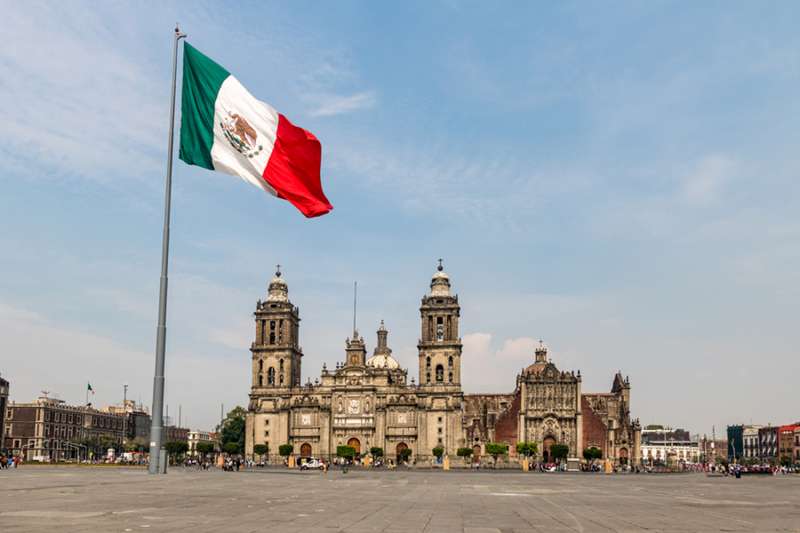The bishops of Mexico have announced a pastoral project to strengthen the country’s Christian identity in preparation for significant anniversaries of Christ’s Paschal mystery and of the appearance of Our Lady of Guadalupe.
“The grace of the redeeming work illuminates…our conscience, which also encourages us to hope confidently in the progress of the reign of justice and peace of Jesus Christ, Son of the Mother of the true God,” stated the Episcopal Conference of Mexico.
“We believe that the Church in Mexico needs to sit at the feet of the Virgin Mother to encourage the hope of being one people… She invites us to contemplate, believe, live and announce the mystery of the redemption realized by Jesus.”
The pastoral project aims to prepare the people of Mexico for the 500th anniversary of Our Lady of Guadalupe, which will take place in 2031, and the 2000th anniversary of Christ’s death and resurrection, which will occur in 2033.
With this goal in mind, a three-part pastoral plan has been constructed: to see the world through the eyes of the Father, to best determine a response to the problems in this world that mutilate human life, and to encourage people to conversion from self-destruction toward authentic human life.
Part one is meant to “look at reality as a people redeemed by Jesus Christ and loved by Our Lady of Guadalupe,” the bishops said. The current era is marked by incredible advancements in society, human sciences, and technology, the bishops said, but also includes challenges detrimental to human flourishing.
With this cultural change has come “scientific development, amazing technological innovations and their rapid applications in different fields of nature and life,” the conference said.
“But we are concerned about the arrival of this new culture that blurs and mutilates the human figure, and this is where the heart of this profound transformation is taking place and what we identify as the fundamental cultural nucleus: the negation of the primacy of the human being!”
The next step will be to determine the best response to strengthen the good aspects of society, while rejecting the negative ones.
“We focus on specifying and responding to the problematic core that brought together all the reality expressed in what we call the anthropological-cultural problem,” the bishops wrote.
The third part of the plan is evangelization to help strengthen a desire for fuller human life among the Mexican people.
“God is calling us to generate hope and to strengthen and rebuild a fuller human life for all of his children, especially those discarded by these new phenomena,” the bishops said. “A life that reflects in each person Christ the perfect man and is manifested in decent conditions for each one.”

